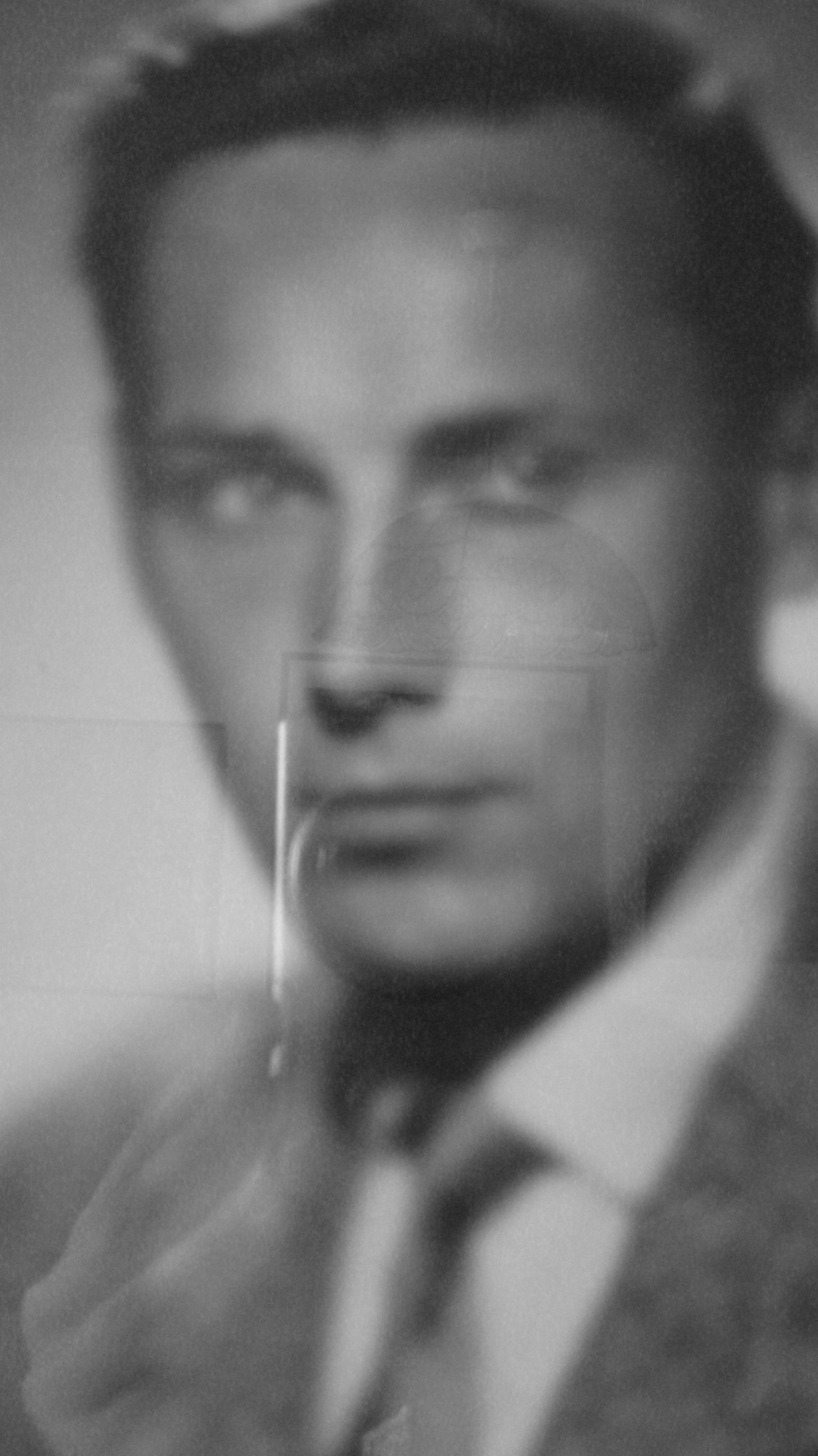At the court they told us, that if we would have had the opportunity to do some spy activity, we would have surely done it, and that is why the accusations are valid

Download image
Mr. Břetislav Jeník - political prisoner and immigrant from 1968 - was born on May 24th 1929 in Bratislava. His father, also Břetislav Jeník, was a known book seller who owned a book shop in Brno. After WWII, Břetislav Jeník Jr. learned to be a bookseller/publisher and worked for his father. After February 1948, he was printing and distributing anti-regime leaflets throughout Brno together with his college class mates. In addition, he personally took down the red flags from the streets of Brno. On June 17th 1949 he was arrested and accused of printing the leaflets and consequently was convicted by the State court in Brno of espionage and treason sentenced for 16 years. After the appeal of the prosecutor in March of 1950, the State Court in Prague changed the sentence to 20 years imprisonment. He passed through five different prison institutions. At first, he stayed in Brno-Cejl prison, then in Plzen -Bory prison and after that he was transported to Slovak Ilava prison. He tried to escape from this prison, but was caught in less than a week in Moravia. After this escape attempt he was transported to Ilava prison again. As a punishment for this, his sentence was increased by 13 years. About a year after his attempt to escape he and other prisoners from Ilava were transported to the construction works in Leopoldov prison. In 1953 he got to the labor camp in Bytíz, where he worked in the uranium mines. The very last of the prison institutions he went through was Valdice prison. There he learnt to grind glass. He was paroled on December 30th 1959. At the beginning he worked in geological survey and later also as a bricklayer for Construction Company in Brno. He completed his high school education and after an unsuccessful application to the University History Department, which was rejected due to political reasons, he faked his birth certificate in order to be accepted to the Construction Tech College. He finished his studies in 1967 and after that he started to work as a farm buildings master. In 1963 he married and after two years his first son was born. In 1968, accompanied by his wife and his son, immigrated via Vienna to New Zealand. From there they moved together to Australia in 1972. Today he lives with his second wife near Sydney. In Australia he graduated with a degree in history and political science from Macquarie University of Sydney. During the 80´s he established his own construction company and retired when he was 72. He visits Czech Republic occasionally.

